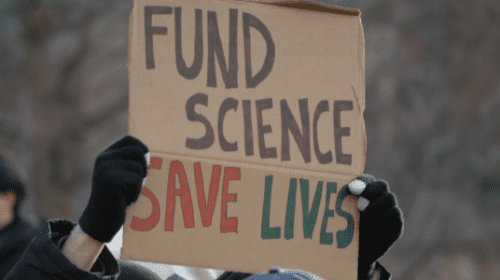Addiction among millennials has been on the rise for some time. This age group is more likely to die from drugs, alcohol, or suicide than any other age group, and reform in our healthcare is needed to cater to the mental health of this working-class generation. The CDC refers to these as “deaths of despair,” and Trust for America’s Health is calling for more targeted programs.
Within the past decade, drug-related addiction deaths soared 108 percent among millennials while alcohol deaths increased 69 percent and suicides by 35 percent. These staggering numbers highlight the despair Millennials face and the revisal that healthcare system needs. Millennials are classified as anyone born between 1981 to 1996 (with other definitions extending up to 2000) – these 23 to 38-year-olds make up about a third of the workforce and military. “There is a critical need for targeted programs that address Millennials’ health, well-being, and economic opportunity,” says John Auerbach, CEO of the Trust for America’s Health.
What’s Contributing to Addiction among Millennials?
Auerbach lists the plethora of burdens that affect most Millennials, including education debt, cost of housing, building a career during the “great recession” and the opioid crisis. Fifty percent of today’s children belong to Millennial parents, so when Millennials deal with their mental health through drug and alcohol misuse, it has a cross-generational effect. Dennis Hobbs, executive director of the mental health service agency, McClendon Center, says that “People start doing drugs and alcohol because it’s fun and it’s fun until it isn’t anymore and at that point, it’s usually too late to stop.”
Hobbs is finding that the disconnect between mental health and addiction services hurts patients who have a dual diagnosis. There is an 80 percent change in the Millennial death rate within the past decade that included alcohol and drug-induced suicide. When addiction and mental health are treated separately, it increases the time it takes to get treatment and reduces the chances of positive results. “When people are ready for treatment you have to get them into treatment right now, you can’t wait,” says Hobb.
Potential Solutions
The Commonwealth Fund looked at the “deaths of despair” and found that states that offered Medicaid to more of their lower-income residents were able to slow the cycle of addiction by administering more overdose-reversing medication like naloxone. Dr. David Blumenthal, President of the Commonwealth Fund, says that addiction and mental health treatment requires a more in-depth approach. He claims that there should be more public education on mental illness and addiction to break the stigmas that surround it so that more people are confident and comfortable to get treatment. He also listed that those incarcerated should receive treatment and that emergency medical technicians and doctors need more training.
Among some of the proposed solutions, Benjamin Miller, COO of the Well Being Trust, recommends that a policy change should reward primary care doctors that have mental health workers in the offices. He also suggests that schools should receive benefits for having mental health workers to identify and help students in need. Prevention of mental illness and addiction-related deaths start at a young age and having open discussions are crucial for the next generation’s health. “Let’s properly invest in prevention so that the next generation can be the generation that helps turn the tide.”

























